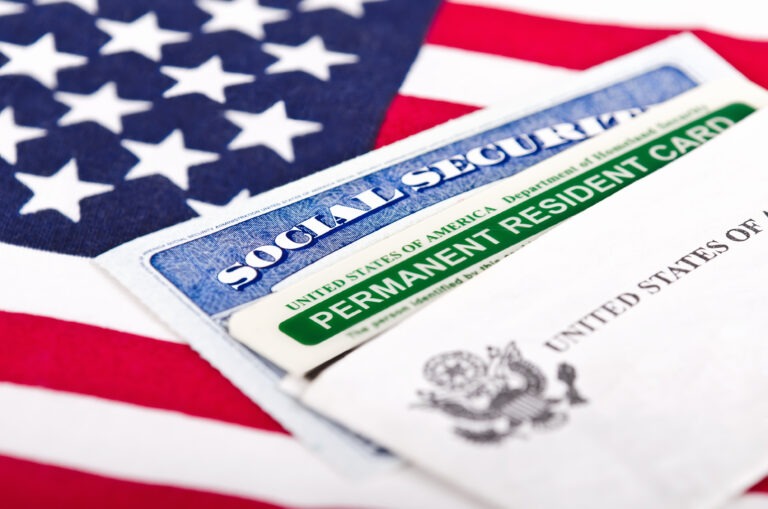Divorce can affect naturalization since the United States Citizenship and Immigration Services (USCIS) investigates your marital status. But it is also important to notice laws can change over time. That is why it is advisable to keep up to date on immigration news,
It is necessary to meet several requirements, such as continuous residence, physical presence, good moral character, and being able to speak English to become a Citizen of the United States. A divorce may not prevent you from meeting these requirements, but it may raise questions about your good moral character. An immigration attorney can provide guidance on those requirements.
How to Prove the Marriage Was in Good Faith?
To prove that your marriage was entered into in good faith, you must provide substantial evidence of your marital relationship; since USCIS maintains constant vigilance to avoid marriages of convenience in exchange for immigration benefits, and they examine each application.
To prove your marriage is genuine, you can provide several types of evidence, such as:
- Joint Financial Documents. That includes joint bank account statements, joint tax returns, and joint leases or mortgages.
- Shared Assets. Evidence of shared assets, such as property or vehicles, can support the authenticity of your marriage.
- Joint Activities. Photos, travel itineraries, or other evidence of shared activities can show that you and your spouse genuinely live together and build a life together.
- Affidavits from Family and Friends. Statements from family members and friends who know you as a couple can provide additional evidence of the authenticity of your marriage.
- Communication Records. Printouts of emails, text messages, or call logs can show ongoing communication and involvement in each other’s lives.
- Cohabitation Evidence. Proof that you and your spouse live together, such as utility bills or lease agreements showing the same address.
An experienced immigration lawyer can help you gather and present all the necessary evidence to demonstrate the good faith of your marriage and answer all your questions about family-based immigration.
Talk to an Experienced Immigration Lawyer
Getting through a divorce as an immigrant can be a daunting experience, especially when your immigration status is at stake. But understanding the different ways divorce can affect your citizenship can throw some light on your situation.
It is important to seek the guidance of an immigration attorney who can help you navigate the process. Contact a New Frontier Immigration Law professional, and let us answer all your questions about your marriage and migration status in an initial free-of-charge consultation.



